In recent years, the growing interest in natural remedies has shifted the focus towards the health benefits of Medicinal Plant Extracts, with the global market for herbal supplements expected to reach USD 130 billion by 2027, according to a report by Grand View Research. This surge is attributed to an increasing awareness of the potential health benefits these extracts offer, such as anti-inflammatory, antioxidant, and antimicrobial properties. Furthermore, a study published in the Journal of Ethnopharmacology highlights that over 80% of the world's population relies on plant-based medicine for their healthcare needs. However, the effective harnessing of these extracts requires a thorough understanding of their properties and methods of application. This blog will provide a comprehensive checklist for leveraging Medicinal Plant Extracts to maximize their health benefits, ensuring both efficacy and safety in their usage.
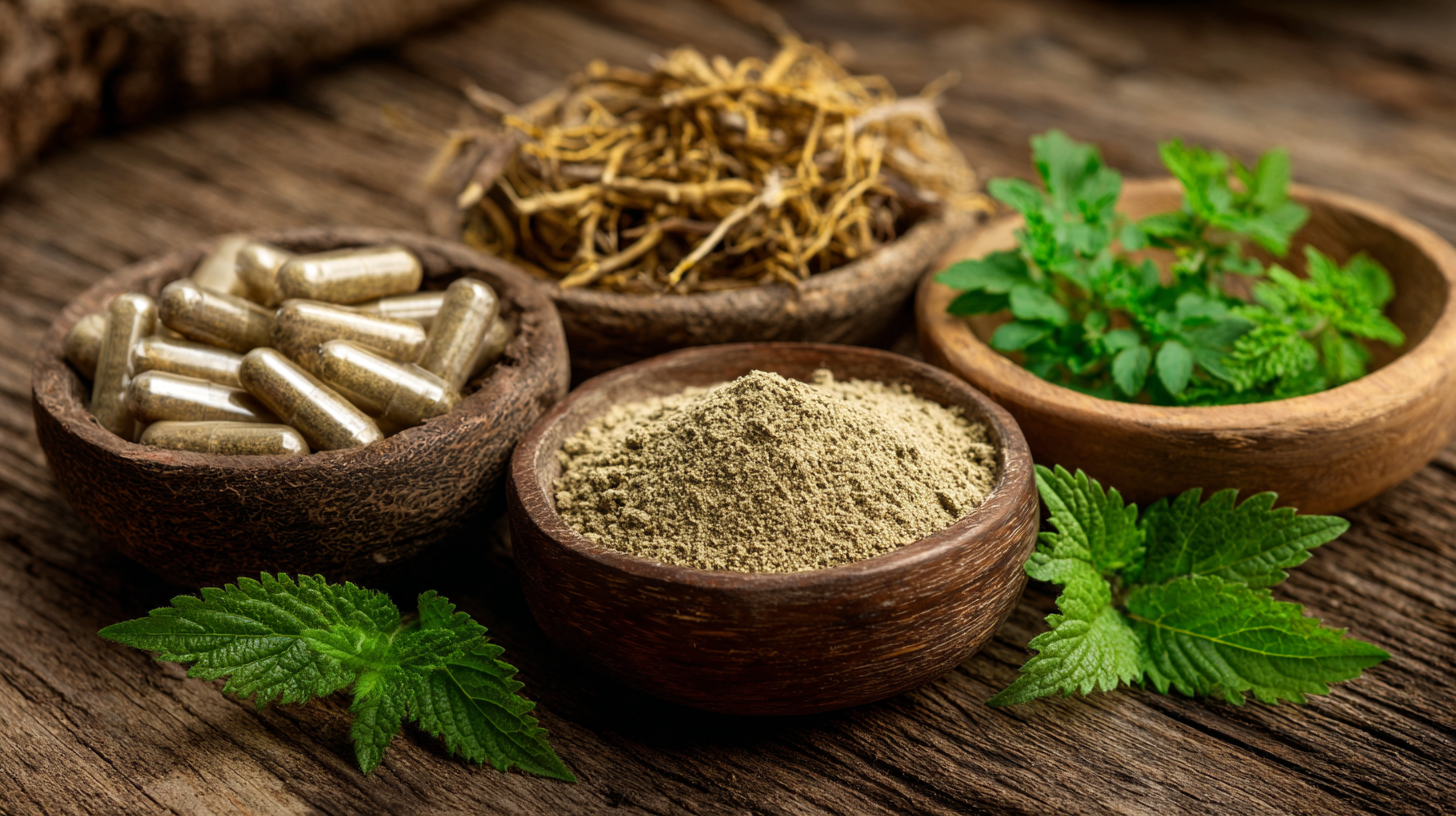
Medicinal plant extracts have been celebrated for their remarkable health benefits, backed by a growing body of research. According to a report published by the World Health Organization, approximately 80% of the world's population relies on herbal medicine for some aspect of primary health care. This highlights the significance of understanding how these extracts can be effectively harnessed to enhance our well-being. Notably, compounds found in plants like curcumin in turmeric and resveratrol in grapes have shown powerful anti-inflammatory and antioxidant properties that can combat chronic diseases.
The bioactive constituents in medicinal plants offer diverse therapeutic effects. For instance, a study published in the Journal of Ethnopharmacology found that echinacea extracts can boost the immune system by enhancing phagocytosis, the process by which immune cells engulf pathogens. Furthermore, a systematic review in the journal Nutrients indicated that plant-derived polyphenols can improve cardiovascular health by favorably modulating lipid profiles and reducing oxidative stress. Understanding these mechanisms allows individuals to effectively incorporate these extracts into their daily routines, thereby maximizing their health benefits.
This chart illustrates the health benefits score for various medicinal plant extracts. Turmeric ranks highest due to its anti-inflammatory and antioxidant properties, while Echinacea shows significant value for immune support. Understanding these scores helps in effectively harnessing the maximum health benefits from these natural sources.
Incorporating medicinal plants into your daily routine can enhance your overall well-being with minimal effort. Here are five accessible options that can seamlessly blend into your lifestyle.
First, consider ginger, a well-known anti-inflammatory agent. Adding fresh ginger to your morning tea or using it in smoothies can boost your immune system and aid digestion. Next, turmeric is a powerhouse of antioxidants and anti-inflammatory properties, making it an excellent addition to soups and curries. Its active compound, curcumin, is best absorbed with a pinch of black pepper, enhancing its effectiveness.
Another great option is peppermint, which is not only refreshing but also aids in digestion and alleviates headaches. You can infuse water with fresh mint leaves for a revitalizing drink. Lastly, incorporating garlic into your meals not only adds flavor but also provides cardiovascular benefits thanks to its ability to lower blood pressure and cholesterol levels. By choosing these medicinal plants, you can easily enhance your health while enjoying delicious flavors.
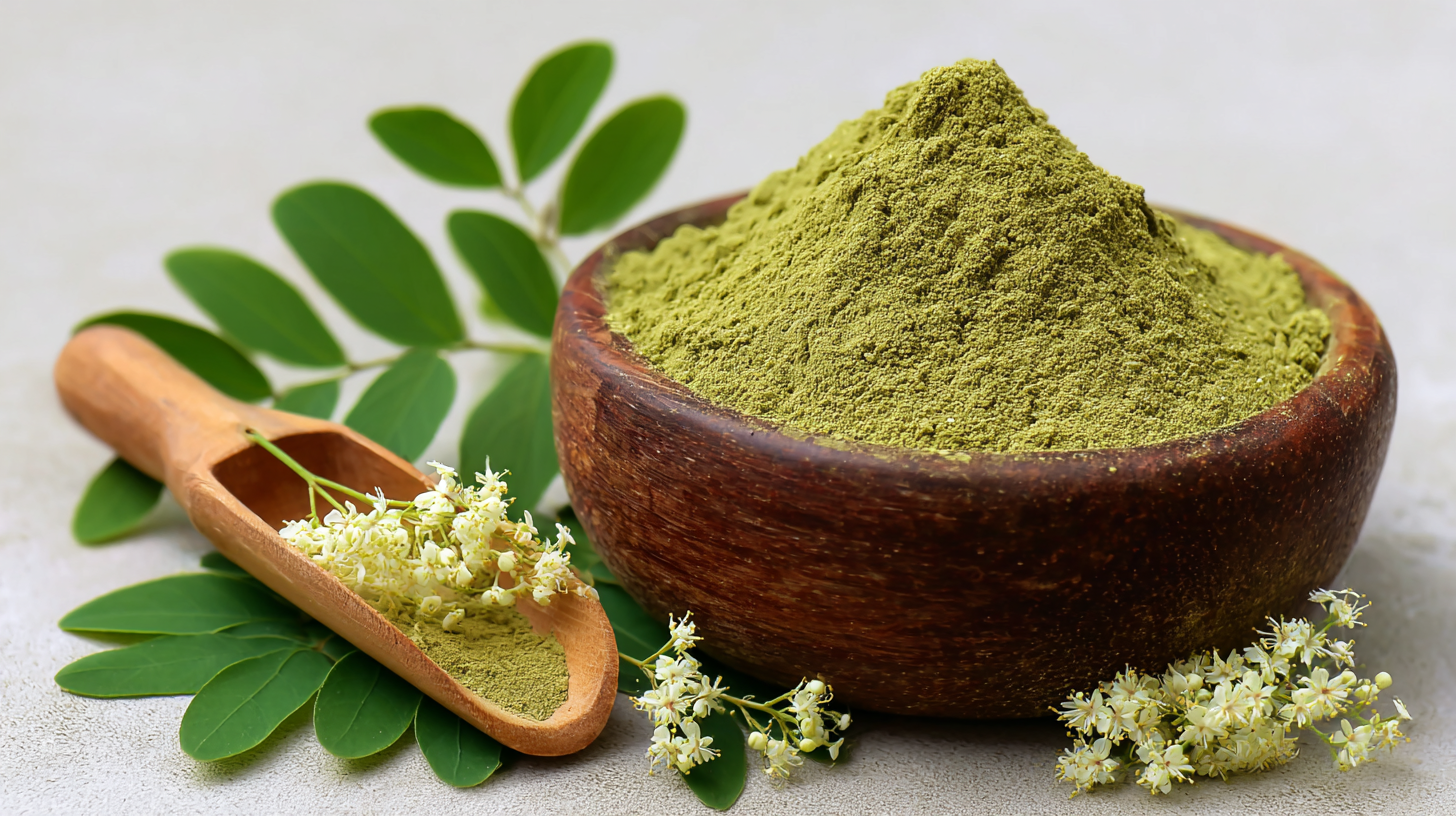
Harnessing the power of medicinal plant extracts is essential for maximizing health benefits. With the global herbal supplement market expected to reach $129 billion by 2026, understanding effective extraction and preservation methods has never been more critical. Among the numerous techniques available, cold pressing is renowned for retaining vital nutrients, making it an ideal choice for oils derived from seeds and fruits. According to a study by the National Institutes of Health, cold-pressed oils retain up to 60% more phytochemicals compared to those extracted through heat methods.
Another effective method is ultrasonic extraction, which uses sound waves to enhance the extraction process, thereby maximizing yield and potency. Research published in the *Journal of Natural Products* highlights that ultrasonic extraction can increase the bioavailability of flavonoids by 30% compared to traditional boiling methods. Furthermore, supercritical CO2 extraction has gained traction due to its ability to produce high-purity extracts without harmful solvents, making it a preferred choice for pharmaceutical applications. As consumers increasingly prioritize natural health solutions, employing these advanced extraction techniques can lead to more robust and beneficial plant-based products.
| Method | Description | Benefits | Best Plants |
|---|---|---|---|
| Water Extraction | Using boiling water to extract soluble compounds. | Retains vitamins, minerals, and some antioxidants. | Chamomile, Peppermint, Hibiscus |
| Ethanol Extraction | Uses alcohol to draw out plant compounds. | Extracts a wide range of phytochemicals. | Ginseng, Echinacea, Sage |
| Cold Press Extraction | Mechanical pressing to obtain oils without heat. | Preserves delicate compounds like essential oils. | Olive, Flaxseed, Coconut |
| Steam Distillation | Steam is passed through the plant material to extract oils. | Produces essential oils with therapeutic properties. | Lavender, Peppermint, Rose |
| Fat Extraction | Using fats to extract lipid-soluble compounds. | Ideal for extracting compounds like cannabinoids. | Cannabis, Cocoa |
| Microwave Extraction | Uses microwave energy to hasten solvent extraction. | Reduces extraction time while improving yield. | Ginger, Curcumin |
| Supercritical CO2 Extraction | Uses supercritical carbon dioxide as a solvent. | Highly efficient and preserves sensitive compounds. | Hemp, Black Pepper |
When selecting high-quality medicinal plant extracts, it’s crucial to consider their sourcing, sustainability, and the specific benefits they offer. As the market for medicinal plant extracts continues to expand, with the Japanese aloe extract market predicted to reach $387.92 million in 2024 and grow to $676.74 million by 2032, consumers are increasingly seeking potent and effective ingredients. A focus on sustainably sourced extracts ensures that the environmental impact is minimized while still delivering maximum health benefits.
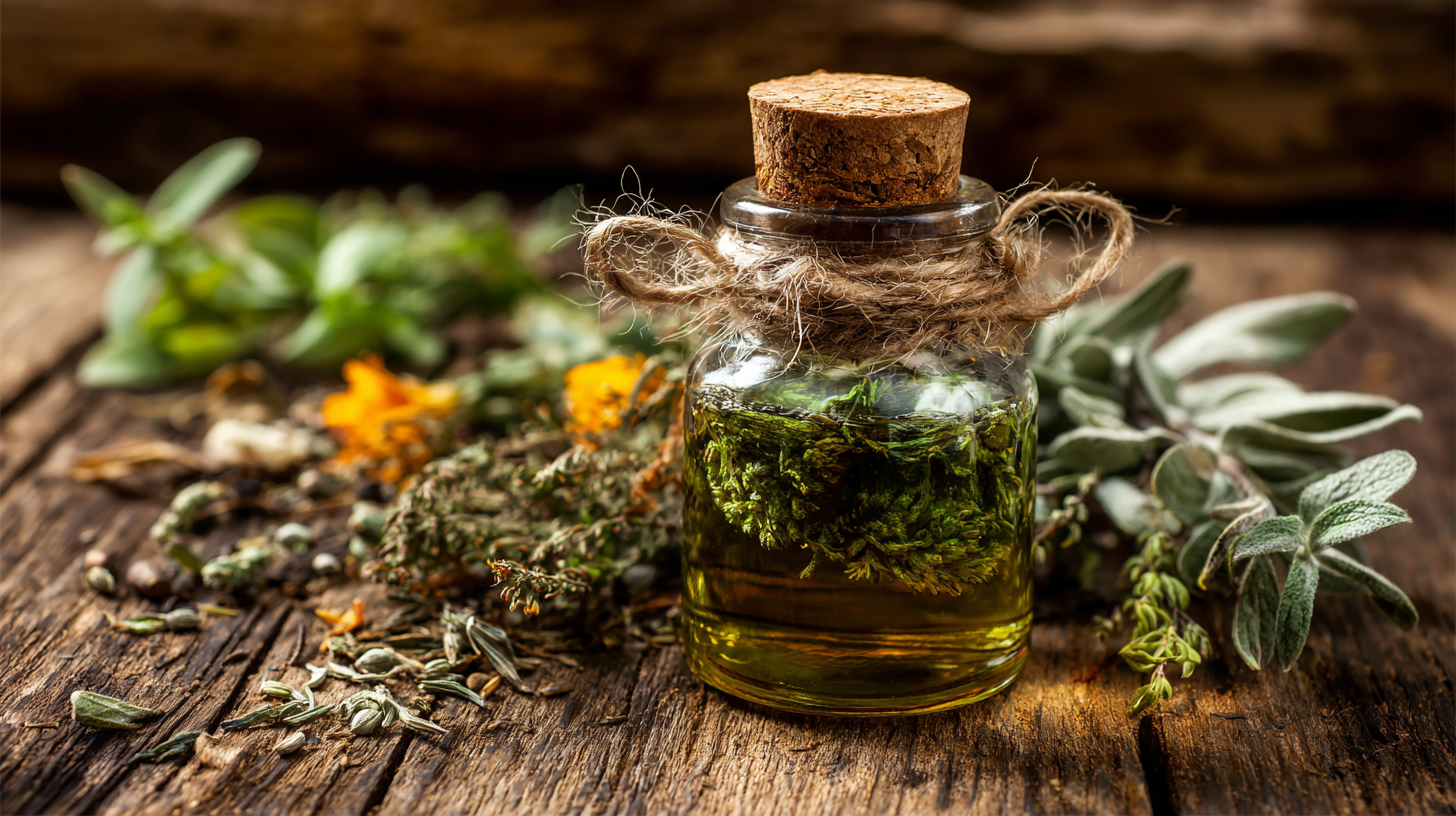 Moreover, innovations in plant extracts are shaping skincare solutions to combat the effects of climate change. For instance, a unique earth-friendly botanical extract has been introduced to help skin withstand harmful environmental conditions like sun exposure and high temperatures. As noted, the botanical supplements market, encompassing spices, herbs, and flowers, is projected to grow substantially, highlighting the rising consumer demand for functional ingredients that promote health. Investing in high-quality medicinal plant extracts not only supports personal well-being but also contributes to the growing trend towards health-conscious living.
Moreover, innovations in plant extracts are shaping skincare solutions to combat the effects of climate change. For instance, a unique earth-friendly botanical extract has been introduced to help skin withstand harmful environmental conditions like sun exposure and high temperatures. As noted, the botanical supplements market, encompassing spices, herbs, and flowers, is projected to grow substantially, highlighting the rising consumer demand for functional ingredients that promote health. Investing in high-quality medicinal plant extracts not only supports personal well-being but also contributes to the growing trend towards health-conscious living.
Harnessing medicinal plant extracts can significantly enhance your health when used correctly. To maximize the effects of these natural remedies, it’s crucial to follow safe usage guidelines. One effective approach involves starting with low doses to gauge your body’s reaction. For example, oil of oregano, known for its antiseptic properties, can be powerful, so begin with just a few drops diluted in a carrier oil to avoid possible irritation.
Incorporating a variety of extracts can also yield better health outcomes. Ginger, with its anti-inflammatory and anti-nausea benefits, can complement the effects of other herbs like turmeric, which is praised for its ability to reduce inflammation and support digestive health. Additionally, it's essential to be informed about extraction methods. Recent advances in bioactive compound extraction highlight that utilizing the most effective techniques can ensure you are getting the maximum potency from your plant extracts.
Always consider any potential interactions with medications you may be taking. For instance, while natural remedies like ashwagandha may provide anxiety relief and improved heart health, they can also interact with other treatments. Consulting a healthcare provider before integrating new plant extracts into your regimen can help you safely explore their numerous health benefits.
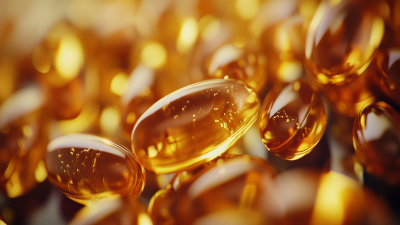
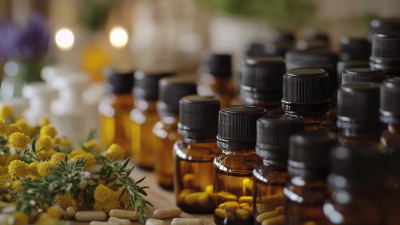
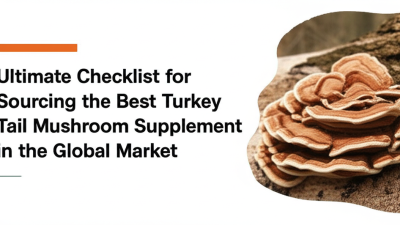



2025 Bio-Botanica, a division of Bio Answer Holdings Inc. All Rights Reserved.